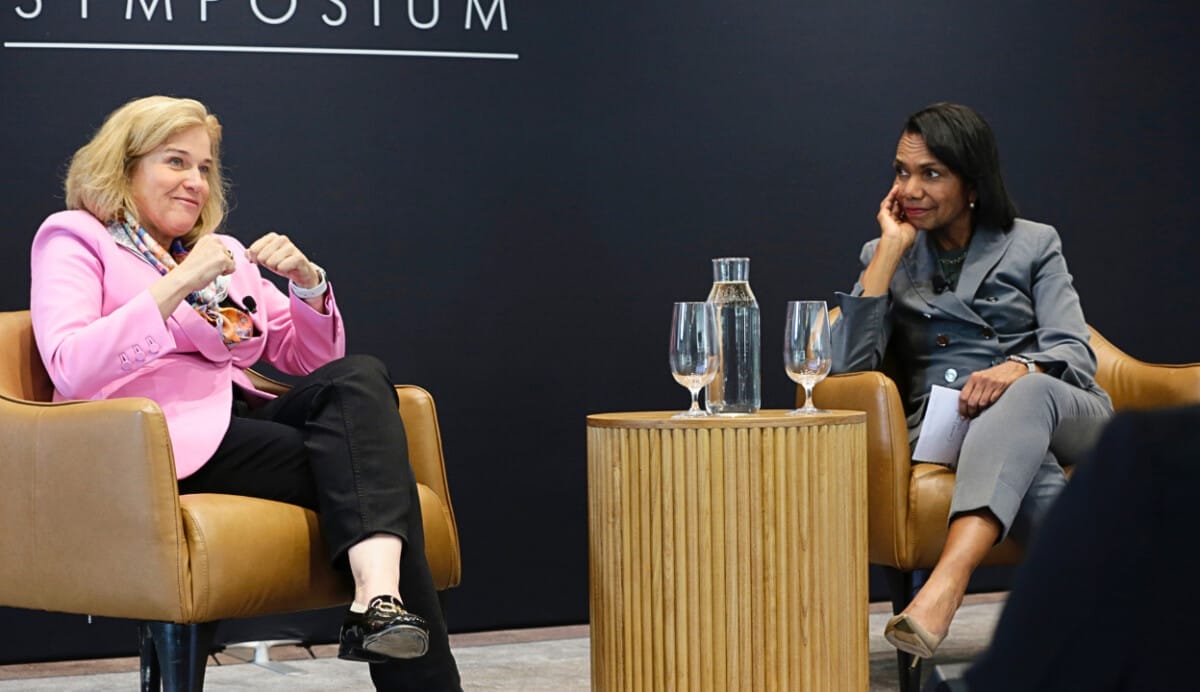



Investment experts are advising a strategic focus on various sectors to navigate the current market landscape. Dhiraj Bajaj emphasizes the potential of gold and high-quality credit as top investment opportunities, while Young Jin Yee highlights the importance of sustainable investing, noting a significant $4 trillion annual funding gap for climate change initiatives. Bhaskar Laxminarayan recommends quality mid-cap stocks and industrials as key players for a cyclical recovery. Additionally, Dr. Neo Teng Hwee advocates for Japanese equities and US cyclical stocks, suggesting that these markets may offer substantial growth potential.
In a recent outlook, Mediolanum International Funds Limited (MIFL) anticipates a 'soft landing' for economies, predicting that stocks will rally due to lower inflation in the latter half of 2024. MIFL highlights the importance of a balanced asset allocation approach amid geopolitical conflicts and uncertainties surrounding the US elections. Brian O’Reilly from MIFL points to opportunities in longer-term bonds, diversified equities, and sustainable investments, emphasizing the role of emerging markets, particularly India and China, in driving global growth with a forecasted growth rate of 2.6% for the year. MIFL has also launched two new multi-manager funds focused on ESG (Environmental, Social, and Governance) criteria, reinforcing their commitment to sustainable investing [c4c354bb].
At the Fiduciary Investors Symposium on September 22, 2024, Jenny Johnson, CEO of Franklin Templeton Investments, discussed significant investment trends, including demographics, digitization, and de-globalization. She noted that a billion people are entering the middle class in the global south, which presents substantial investment opportunities. Johnson emphasized the necessity of diversifying supply chains in the post-COVID era and acknowledged the ongoing US-China tensions while affirming the potential of the Chinese market. She also addressed the implications of the Russia-Ukraine conflict on investments and highlighted Franklin Templeton's rapid expansion and partnerships in AI, while cautioning that smaller asset managers may struggle due to high data costs [be0963fd].
A recent macro panel held on November 13, 2024, in New York, featured insights from experts including Kevin Warsh and Gita Gopinath, who discussed the shift from globalization to regionalization, particularly in the context of US- and China-led blocs. They expressed optimism for the US economy post-2024 elections, driven by regulatory streamlining, despite concerns over tariffs, rising debt, and fiscal deficits. The panel identified AI and nuclear energy as key opportunities for future growth, while also noting that the US dollar's share in global reserves has declined significantly from over 70% in 2000 to less than 60% in 2024. Connector countries like Vietnam and Mexico are seen as redirecting trade flows, which could impact global investment strategies [2bf9f1c2].
Foo Tian Ong maintains an overweight position in US equities, particularly in the technology and communication services sectors, reflecting confidence in their resilience despite anticipated market volatility due to the upcoming US elections. The geopolitical tensions that have been affecting global markets are also a concern, prompting investors to remain vigilant.
During the Investment Forum 2024 in Johannesburg, Liang Du, CEO of Prescient China, discussed China's transformation into a world-class innovation hub, despite its poor equity market performance in 2023. He urged investors to look beyond past performance and consider the country's strengths in currency, trade, and innovation. LGT Private Banking Asia echoed this sentiment, advising a cautious approach with a focus on US investment-grade corporate bonds in the first half of 2024, transitioning to stock market investments later in the year.
The panel of experts at HSBC's market outlook event also shared insights on the importance of building a globally diversified portfolio to mitigate risks, particularly geopolitical ones. They highlighted the potential for growth in ASEAN and India, with predictions of a 2-3% growth rate for the Singapore economy and a bullish outlook for Indonesia and India.
Hong Kong-based Gaw Capital Partners is strategically investing in logistics in Vietnam and Mexico, as well as in the AI sector in the US, to counterbalance economic challenges in mainland China. They are focusing on countries benefiting from the 'China plus one' strategy, which aims to diversify manufacturing reliance on China. Investment managers are cautiously optimistic about the Chinese macro economy, while also recognizing the risks posed by geopolitical tensions and economic policies.
HSBC Global Private Banking anticipates that improving global economic conditions and central bank rate cuts will create opportunities in quality bonds and equities. They recommend broadening equity exposure and investing in private assets and infrastructure, particularly in Asia. Their investment themes for the region include corporate governance reform, reshaping supply chains, and digital transformation in Asia.
Overall, investment managers are navigating a complex landscape, balancing opportunities in emerging markets and developed economies while remaining aware of the potential for market volatility and geopolitical risks [7d5aa82b] [63beb8e4].